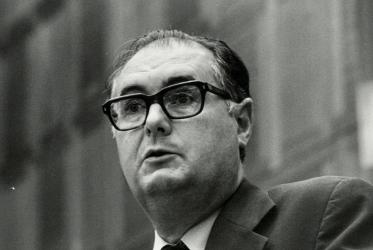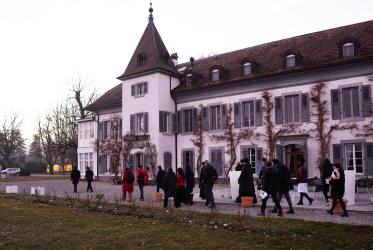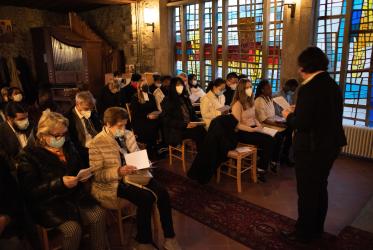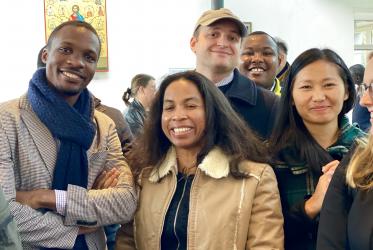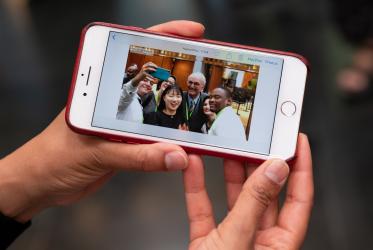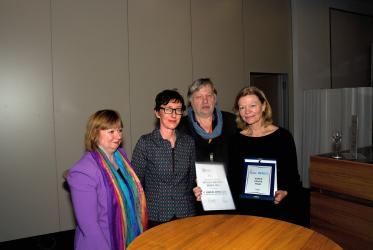Displaying 1 - 20 of 33
20 April 2023
Dear future steward
08 September 2022
Bossey student Carolina Zamorano reflects on study visit to Rome
02 February 2022
WCC honoured with Geneva Engage Award
01 February 2022
Applications open anew for Bossey online course in ecumenism
13 January 2022
WCC honoured with Geneva Engage Award
18 February 2021
New website launched for Bossey Hotel and Conference Centre
12 September 2019
WCC pays tribute to ecumenist pioneer
08 May 2019
Paving the way for ecumenical studies, learning English in Bossey
24 September 2018
#WCC70: Nathan Söderblom, ecumenical pioneer
29 August 2018
In Argentina, stirring journey for human rights continues
01 September 2017
"We have our work cut out for us"
10 August 2017
